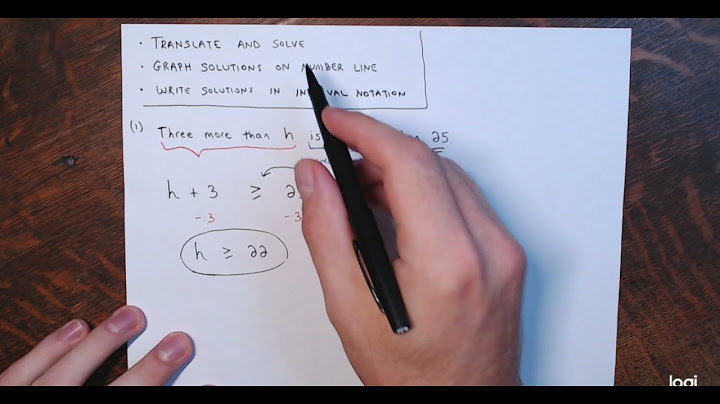Declaring your love for someone in Germany is a serious affair. In the US and UK we are more likely to declare our love for someone early on. But saying ‘I love you’ in German can take a little while longer. Show
Today we will take a look at how to say ‘I love you’ in German, plus many other useful romantic phrases and a few terms of endearment and pet names to call your loved one. Ich liebe dichTranslation: I love you Ich liebe dichThis is the big one. In German ich liebe dich is reserved for your partner or spouse. Saying ‘I love you’ in German is not something you do lightly. Germans are generally very reserved and it can take a while for the relationship to reach the level where they feel ‘l love you’ is appropriate. If someone says ich liebe dich, the simple response (if you do indeed love them!) would be ich liebe dich auch. Ich hab’ dich liebTranslation: I have love for you In German, unlike in English, there are two ways to say ‘I love you’. The previous version is only suitable for your partner or spouse. But what would a child say to a parent? Ich hab’ dich lieb is a more innocent way of expressing platonic love. It is what children say to their parents and vice versa. Sometimes you’ll hear female friends also saying this to each other. Ich bin in dich verliebtTranslation: I am in love with you Ich bin in dich verliebtLet’s move on to the process of falling in love with someone. Ich bin in dich verliebt is a step down from ich liebe dich. It expresses your feelings, but isn’t as strong as ich liebe dich. It’s a tentative phrase for when your emotions are still quite new. Ich mag dichTranslation: I like you Ich mag dichAnother step down is ich mag dich. This is for when you want to express tentatively that you have feelings for someone, but you’re definitely not ready to use the L word yet. It is often used in platonic situations, but is also used in the same way as the English phrase ‘I like you’ when you’re still to shy to express your love. Ich steh’ auf dichMeaning: I’m into you Ich steh’ auf dichThis phrase doesn’t really have a direct translation but it means ‘I’m into you’. Think of it as a less innocent version of ich mag dich. If you have a crush on someone but you want to play it cool, use this phrase. Just be aware that it’s for someone you are interested in romantically, so use it with caution. Important note: Get the personal pronoun wrong in this phrase, and it changes to a whole different meaning.
Mein Herz gehört dirTranslation: My heart belongs to you Mein Herz gehört dirThis is just a cute romantic phrase you can use with your partner. Use it whenever the time feels right. Ich bete an dichTranslation: I adore you Reserved for the love of your life and save it for a romantic situation. Just like the previous phrase, you’ll know when the time is right to use it.  Ich bin bis über beide Ohren verliebt
If you’re mad about someone and you want to tell your friends, a cheesy but fun phrase is ich bin bis über beide Ohren verliebt. It’s just like the equally strange English phrase ‘head over heels in love’. But in German you can be ‘up to both ears in love’. Ich bin verrückt nach dir / ihm / ihrTranslation: I’m crazy about you / him / her Ich bin verrückt nach dirIf you’re madly in love with someone, you might say that you’re crazy about someone. This phrase can be said directly to someone: ich bin verrückt nach dir (I’m crazy about you), or you can tell a friend about your infatuation with ich bin verrückt nach ihm / ihr (I’m crazy about him / her). German Terms of EndearmentIf you’re all loved up, you may find yourself wanting to give your lover a cute pet name. We do this in English but German speakers also have their own pet names for each other. In English we tend to use sweet sounding pet names; honey, sweetie, sweetheart. The most commonly used pet name used between couples is:
German speakers have some of the same pet names as we have in English, for example babe, baby. They also have their own versions for darling and sweetheart:
Lastly, German speakers are particularly fond of animal pet names. Most cute animals are suitable pet names including:
So now you know how to say ‘I love you’ in German and also how to say other romantic phrases as well as some German terms of endearment. Do Germans say I love you a lot?GERMANS DON'T SAY I LOVE YOU. They have each other's love – sie haben sich lieb. It means less than I love you, which they really save for special occasions. The thing is, this is what you have to realize: the English words “I love you” literally mean less than the German words ich liebe dich.
Whats Ich liebe dich mean?Ich liebe dich is how to say “I love you” in German
This phrase is only used for serious relationships, typically intimate ones that you'd have with a trusted partner or spouse.
How do you answer Ich liebe dich?If you're responding to someone who says “Ich liebe dich” — and if the feeling is mutual — you can either say “Ich liebe dich” or “Ich liebe dich auch” (“I love you too”) in return.
|

Related Posts
Advertising
LATEST NEWS
Advertising
Populer
Advertising
About

Copyright © 2024 chuyencu Inc.


















